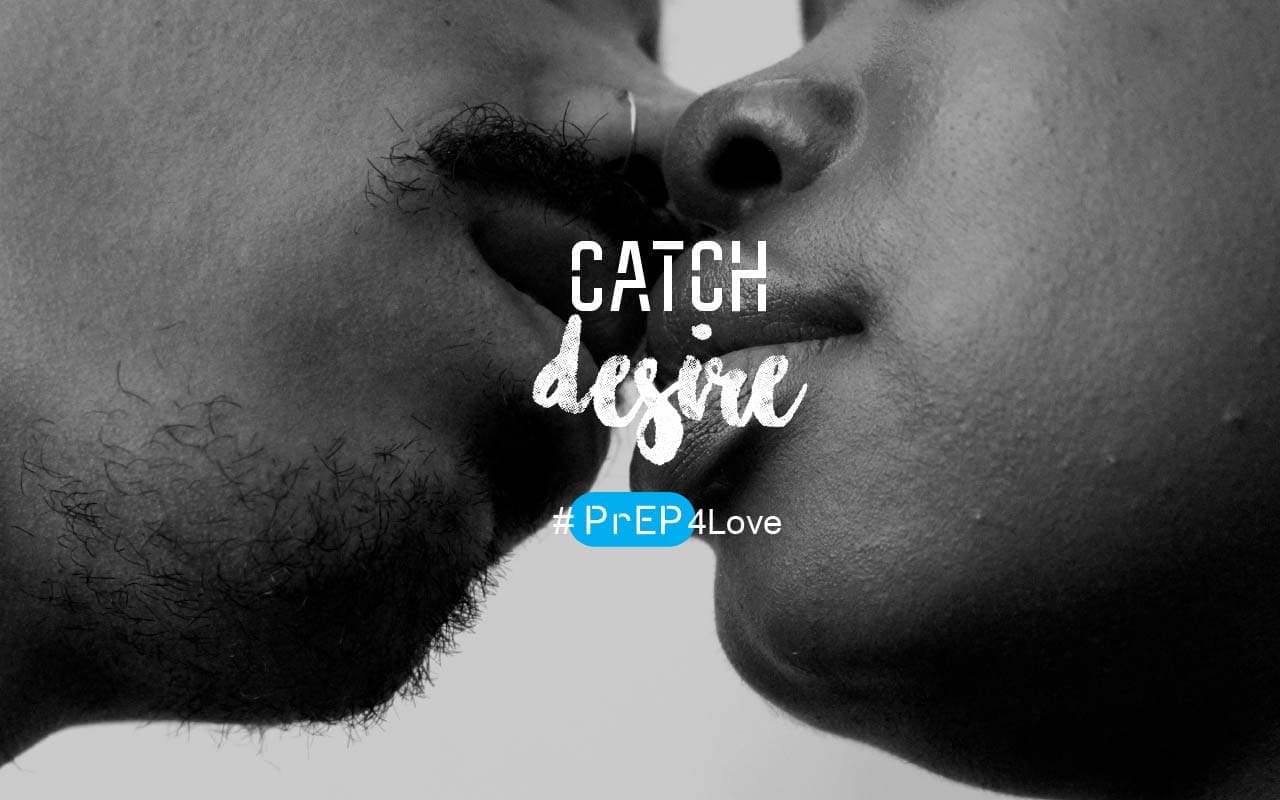 By AIDS Foundation of Chicago, Policy and Advocacy Chair, Craig W. Johnson
By AIDS Foundation of Chicago, Policy and Advocacy Chair, Craig W. Johnson
Hold on to your rainbow-hued glasses as we list how PrEP can help us eliminate the transmission of HIV by 2030.
The AIDS Foundation of Chicago along with Governor J.B Pritzker and Illinois and Chicago Departments of Public Health announced the Getting to Zero Illinois plan in Springfield last month, a state-wide initiative to end the HIV epidemic in Illinois by 2030. The framework of the plan focuses on HIV treatment options, most notably pre-exposure prophylaxis (PrEP). We outline why this treatment and prevention is so crucial in getting Illinois to zero and what you can do to help ensure PrEP is affordable and accessible.
How is it possible to eliminate HIV transmission by 2030?
Anything is possible when there are resources firmly invested!
Getting to Zero Illinois (GTZ-IL) launched last month, mapping out how Illinois can eliminate the transmission of HIV by 2030. This is a huge statewide commitment from government entities, social service providers and clinicians to transition our system to more effectively serve the entire population of people living with and vulnerable to HIV. HIV treatment options, like PrEP, are vital in carrying out this ambitious plan to end the HIV epidemic within the next decade.
Where does PrEP come into play?
The GTZ-IL framework focuses on two primary goals: increase the number of people living with HIV who are virally suppressed and increase the number of people vulnerable to HIV who use PrEP. If you’re in the Chicago area, you may have seen the beautiful PrEP4Love campaign. This is a citywide marketing campaign intentionally showing all identities can use PrEP as a safer sex option.
The power of PrEP – a prevention pill and program that is up to 99% effective at preventing an HIV-negative person from acquiring HIV when used consistently and correctly – creates the opportunity to merge HIV prevention and care systems. Recently, the Youth & PrEP bill was passed ensuring that youth 12 and over can access PrEP, too, without consent from their parents! Let’s be honest, young people are having sex. There are so many barriers for youth to get condoms, HIV/STI screenings and accurate information about safer sex, so this is huge news!
I hear you, but what exactly do we need?
We need to know that help with HIV services and programs are free, available and can bring value to our lives. People feel motivated to seek help when they need it.
We need to increase investment in community-informed statewide marketing campaigns, like PrEP4Love, to share knowledge and raise awareness of HIV and STI services, HIV care and treatment, STI screening and post-exposure prophylaxis (PEP). Black and Brown communities need to be at the forefront due to systemic disinvestment and social stigma driving higher HIV transmission rates. We need to lead, represent and be properly compensated for marketing and media campaigns ensuring we can access PrEP and other safer sex options. This needs to be a statewide, community-driven effort in partnership with the Chicago Department of Public Health (CDPH), Illinois Department of Public Health (IDPH) and other funders at the table.
We need to know our HIV status. Expanding health-care-based routine HIV, STI and viral hepatitis screenings to reach people who are living with or vulnerable to HIV will greatly help us achieving our goal. PrEP is a program that already incorporates HIV and STI testing during routine doctor’s visits every three months. It’s like a one-stop shop for all things repro health-related!
Thanks to the Affordable Care Act, nearly everyone in Illinois living with or vulnerable to HIV has access to comprehensive, affordable health insurance that can meet our basic needs.
Understanding health care insurance can be a daunting task.
We need support to improve health and insurance literacy for people living with or vulnerable to HIV. You would be surprised by how many doctors still don’t know about PrEP or assume their patients won’t need it as a prevention option because of social stigmas. Required statewide trainings will make sure doctors and service providers understand the newer options available, and the impact HIV has on communities of color, transgender and gender-nonconforming people and patients over 50.
How can we PrEP for the future?
This can look like:
- Encouraging the CDC to update PrEP guidelines to include on-demand PrEP
- Supporting national efforts to keep Truvada affordable and accessible for PrEP
- Implementing the United States Preventive Services Task Force recommendations that PrEP be available with no cost-sharing
- Working with local pharmacies to raise awareness of programs that help people afford the medication for PrEP
Treatment doesn’t end with a diagnosis. We must advocate for wider use of on-demand PrEP in the U.S. This will normalize HIV prevention and treatment that can be empowering for all of us. We may be talking specifically about Illinois, but our advocacy needs to span across the nation.
Stay connected with us! Get the latest advocacy updates by texting “AFC” to 40649.



